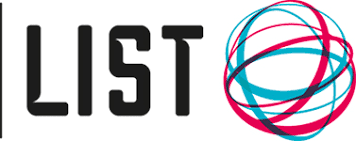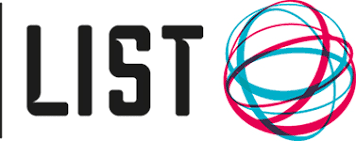Project Team
The ARIES consortium consists of 3 research organizations, together building on a 20+ years of experience in analysis of thermal and hyperspectral imagery and developing Copernicus-based products and services:
- VISTA: Project lead and responsible for Hyperspectral Product Development, Platform Integration and Outreach.
- VITO Remote Sensing: Responsible for User Engagement, Thermal Product Development and Outreach.
- LIST: Responsible for Thermal Product Development.
VISTA
VISTA is a private company located in Munich that has been developing EO and model-based solutions for agricultural applications and water resource management for more than 25 years with a strong scientific background. It's special expertise is highly sophisticated data processing of optical and radar satellite data, development of special in situ systems and information extraction using special algorithms, radiative transfer models and assimilation of the derived information into process models (e.g. water balance or yield and growth models). VISTA has a long-standing experience in analyzing hyperspectral data, having co-developed a tractor-based (GVIS) and an airborne (AVIS) hyperspectral instrument and having been PI for the satellite-based hyperspectral sensor CHRIS. VISTA has also taken part in one of the preparatory studies for CHIME. The company has gathered long year experience in cloud and platform solutions in EO processing and model applications. It is leading the Food Security Platform that is one of the Thematic Exploitation platforms created by ESA demonstrating how the DIAS platforms can be used by a user community with dedicated tools, data, products an community interaction. One of the Food Security Platform's main goals is to bring cloud infrastructure to African users who have unreliable access to processing infrastructure and the internet and build remote sensing analyses capacities there.
VITO Remote Sensing
VITO is a leading international research and service centre. It provides knowledge and technological innovations that facilitate the transition to a more sustainable society. VITO's Remote Sensing Unit expertise is in addressing and translating remote sensing based user needs in an operational manner. This expertise has been built through the execution of different projects in different domains, particularly in land cover and agricultural monitoring. Notable example projects and services include ESA WorldCover and WorldCereal, FAO WaPOR and ASIS portals, Copernicus Global Land and UNESCO's BeResilient viewer (a platform for drought monitoring in South-African bioreserves). Aside from this relevant thematic expertise, VITO Remote Sensing has been intensely engaged in capacity building activities related to EO services in developing countries, e.g. through ESA's EOAfrica R&D Facility program.
LIST
The Luxembourg Institute of Science and Technology (LIST) is a Research and Technology Organization active in the fields of materials, environment and energy, with about 600 employees, created in 2015. ERIN (Environmental Research and Innovation) Department of LIST consists of several groups, of which three groups will form the consortium. These are the Remote Sensing and Natural Resources Modelling (REMOTE) group and a development-oriented group of the ITIS (Information Technology for innovative services) department. Both teams have been collaborating in the past during several occasions. REMOTE will be responsible for requirements and algorithms, ITIS on system development and demonstration. The REMOTE group has expertise in optical and thermal remote sensing, surface energy balance and radiative transfer modeling of plant canopies, and the quantification of important ecological variables and land use change processes. The group has been conducting research on LST and ET retrieval, water stress detection and crop transpiration over humid and semi-arid ecosystems using satellite, airborne and tower-based observations. The IT for Innovative Services (ITIS) department, with its 100 researchers and engineers, focuses on the digital transformation of operations in organizations with traditional environments and digital ecosystems, with the aim of improving their performance and innovation capacity. The common thread throughout ITIS is to develop the most efficient use of big data to ensure the most appropriate decision-making processes.




